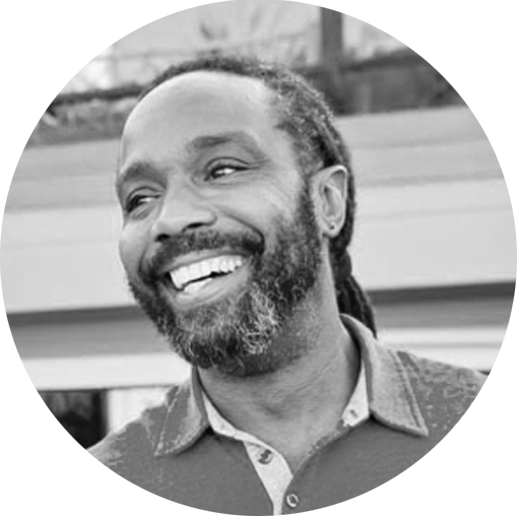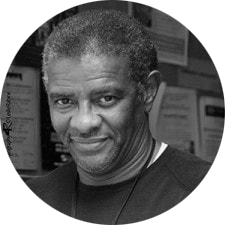The fourth session of the Homelessness Awareness Month Community Forum focused on improving racial equity across homeless service systems and housing policies, addressing the disproportionately high rates of People of Color who experience homelessness due to historic and ongoing systemic racism. The City and County of San Francisco’s most recent 2019 Homeless Count and Survey Report showed that “37% of San Francisco’s total homeless population and 52% of families with children experiencing homelessness identified as Black or African American but make up only 6% of the City’s total population.” The disproportionality in homelessness is a by-product of structural factors that contribute to systemic inequity — criminalization, poverty, redlining, mental and physical health, incarceration — and these structural factors that contribute to racial disparities needs to be addressed. Panelists discussed that in order to end homelessness and the affordable housing crises, decision makers must address the range of issues that have resulted from racial inequity, includes assuring affordable, stable housing for all. Even agencies and organizations that serve people experiencing homelessness must hold themselves accountable by scrutinizing their outcomes to eliminate racial disparities in the way that they provide services.
Questions considered in this session were: What structural factors have created the legacy of disproportionately high rates of People of Color who experience homelessness? What is the link between criminalization of homelessness and race? What resources and tools are available to help homeless service providers and affordable housing advocates center racial equity in their work? Why do direct service providers to individuals and families experiencing homelessness need to become policy advocates to better serve Black and Brown groups disproportionately impacted by homelessness? How can homelessness service providers and the affordable housing sector collaborate better with people with lived experiences of homelessness to develop agile and results-driven strategies?
Agenda
12:00-12:05 Opening
Kyriell Noon, CEO, Hamilton Families
12:05-12:20 Session 1
Shakirah Simley, Executive Director, Booker T. Washington Community Service Center
12:20-12:35 Session 2
Joe Wilson, Executive Director, Hospitality House
12:35-12:50 Session 3
Sam Dodge, Manager, City and County of San Francisco’s Healthy Streets Operations Center
12:50-13:00 Closing Q&A
Kyriell Noon, CEO, Hamilton Families
Meet the Speakers
Resources for Attendees
Check out this Racial Equity Network Toolkit from the National Alliance to End Homelessness, and take a look at your community’s census data.
‘Segregated By Design’ examines the forgotten history of how our federal, state and local governments unconstitutionally segregated every major metropolitan area in America through law and policy.




